Composer Joseph Koo and lyricist James Wong created many of the songs and commercial jingles heard in Hong Kong in the heyday of Cantopop. An exhibition in Tai Kwun celebrates the duo’s role in shaping Hong Kong’s popular culture. Joyce Yip reports.
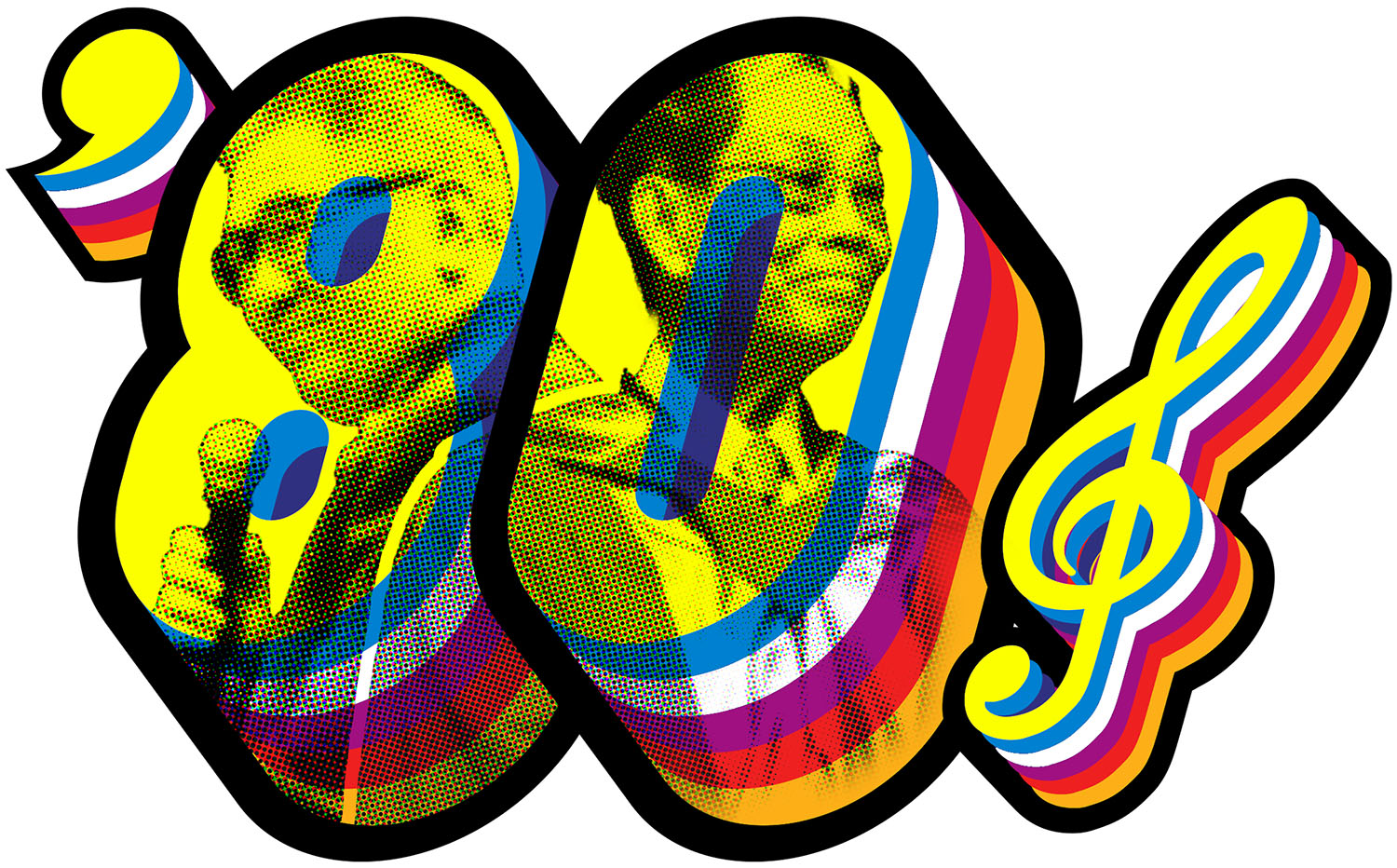
Some of the exhibits in Soundtrack of Our Lives: Joseph Koo x James Wong x the Rise of Cantopop, now showing at Tai Kwun, were found in a garden shed in Vancouver. These include sheet music for eight commercial jingles composed by Joseph Koo (1931-2023). Koo spent his final years in Vancouver. The papers remained, somewhat forgotten, in a shed in the compound of his sister’s house in the Canadian city until they were found and brought back to Hong Kong for the exhibition.
Soundtrack of Our Lives celebrates these and other musical relics that throw light on the highly successful collaboration between Koo and lyricist James Wong (1941-2004). The duo collaborated on 236 songs that can still get Cantopop fans in Hong Kong and beyond tapping their feet.
READ MORE: Play it again, Hong Kong
The interiors of the Duplex Studio at Tai Kwun — Hong Kong’s former police-headquarters-turned-mixed-use-cultural-compound — have been given a total makeover. The exhibition entrance, for instance, resembles the frontal arcade of a public housing estate building block. A bit further down the line, we come across an electronic gadgets repair shop and a cha chaan teng. The setting harks back to a period covering the ’70s to the early 2000s — when Cantopop ruled popular imagination in Hong Kong.
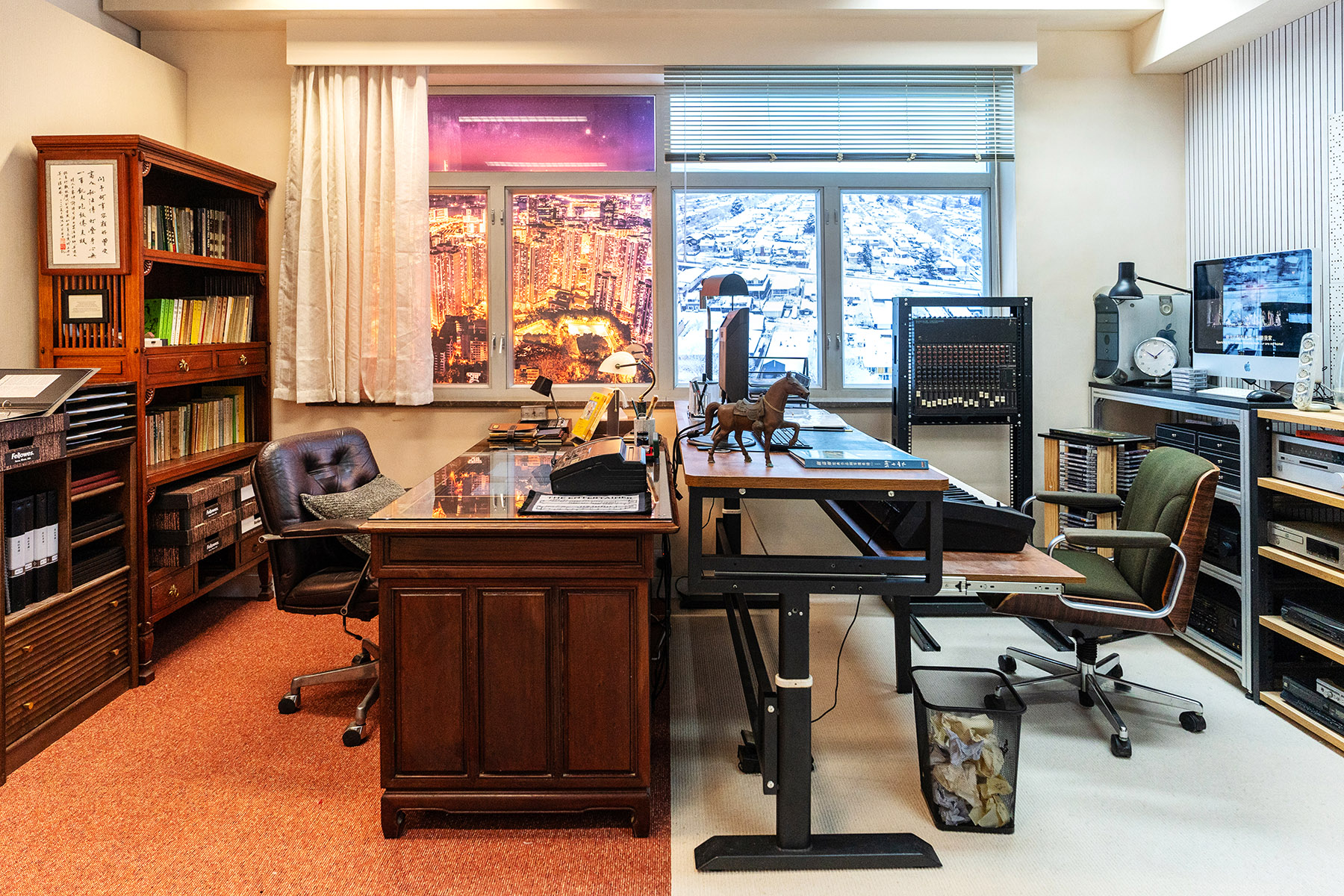
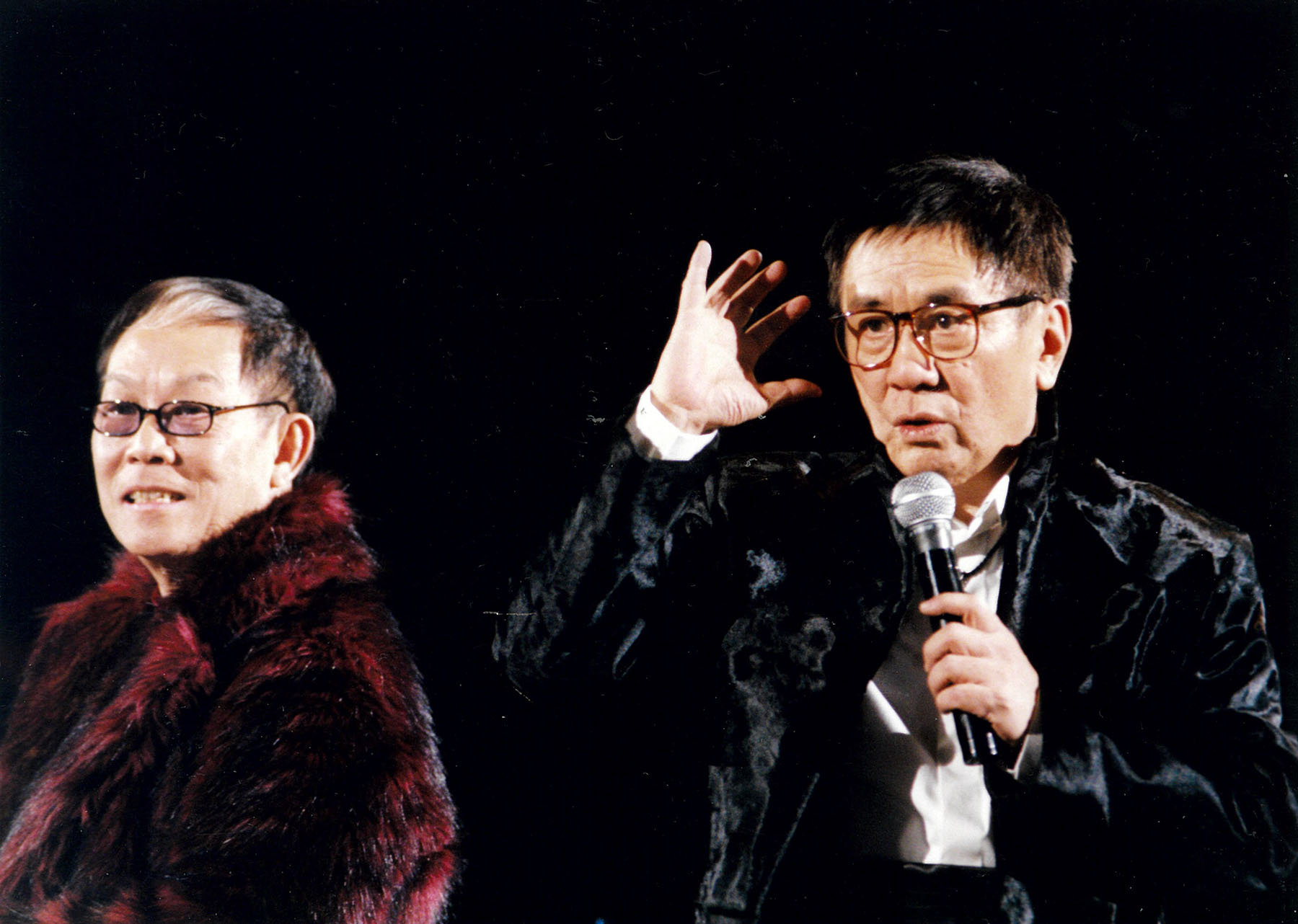
Look closely and you will find works by Koo and Wong — sheet music in the case of the former, and lyrics in that of the latter — in the exhibition space, disguised as computer screen savers, menus and posters on the wall.
Exhibition curator Joanna Lee says she had less than a year to work on the project. “When Joseph’s son said he remembered seeing these music sheets in his aunt’s house, I immediately called up my friends — professors in Hong Kong studies and music at the University of British Columbia — requesting them to send graduate students over to the location. What we found were boxes after boxes of music scores,” says Lee. Some of the most memorable commercial jingles heard in Hong Kong in the ’80s — like that for Sunkist orange juice, Viceroy cigarettes and Lawman “ice blue” jeans — were among them.
“Commercial jingles are a mirror of material culture. Since Koo and Wong wrote many throughout their lifetime, it isn’t easy pinpointing who wrote which one and who did the lyrics, arrangements and so on. We were truly fortunate to have found these records,” says the curator.
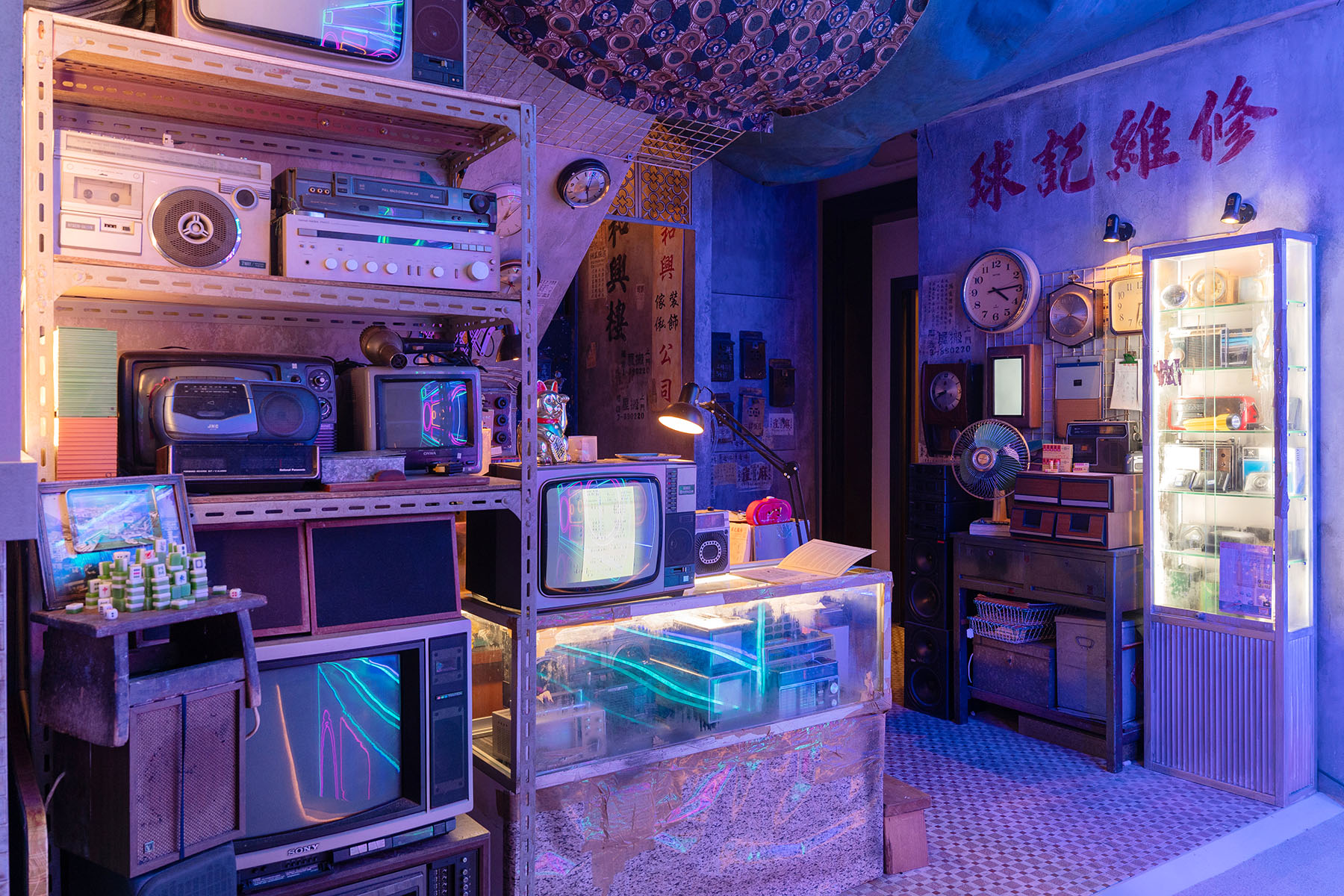
Top of the pops
Songs and jingles created by team Koo and Wong play on a loop at the exhibition. To give visitors a sense of context, a soundscape that reimagines the ambient noises in residential areas of Hong Kong, going back around 50 years, is heard in the background — think the subdued humming sound made by a plane flying low over the roofs of the densely populated Kowloon Walled City, minutes before it touches down at Kai Tak Airport.
Featured songs include If Loving You Means Hurting You from Pai Niang Niang (1972) — the first Chinese-language Broadway-style musical that also saw Koo and Wong’s first collaboration. Among the other highlights are the theme song for the hit television series A House is Not a Home, and Fire Burns My Heart from the 1989 film A Terra-Cotta Warrior. The sound designers have timed the songs in each room to play in a sequence. A visitor walking through all the rooms and completing the circuit will have heard them all.
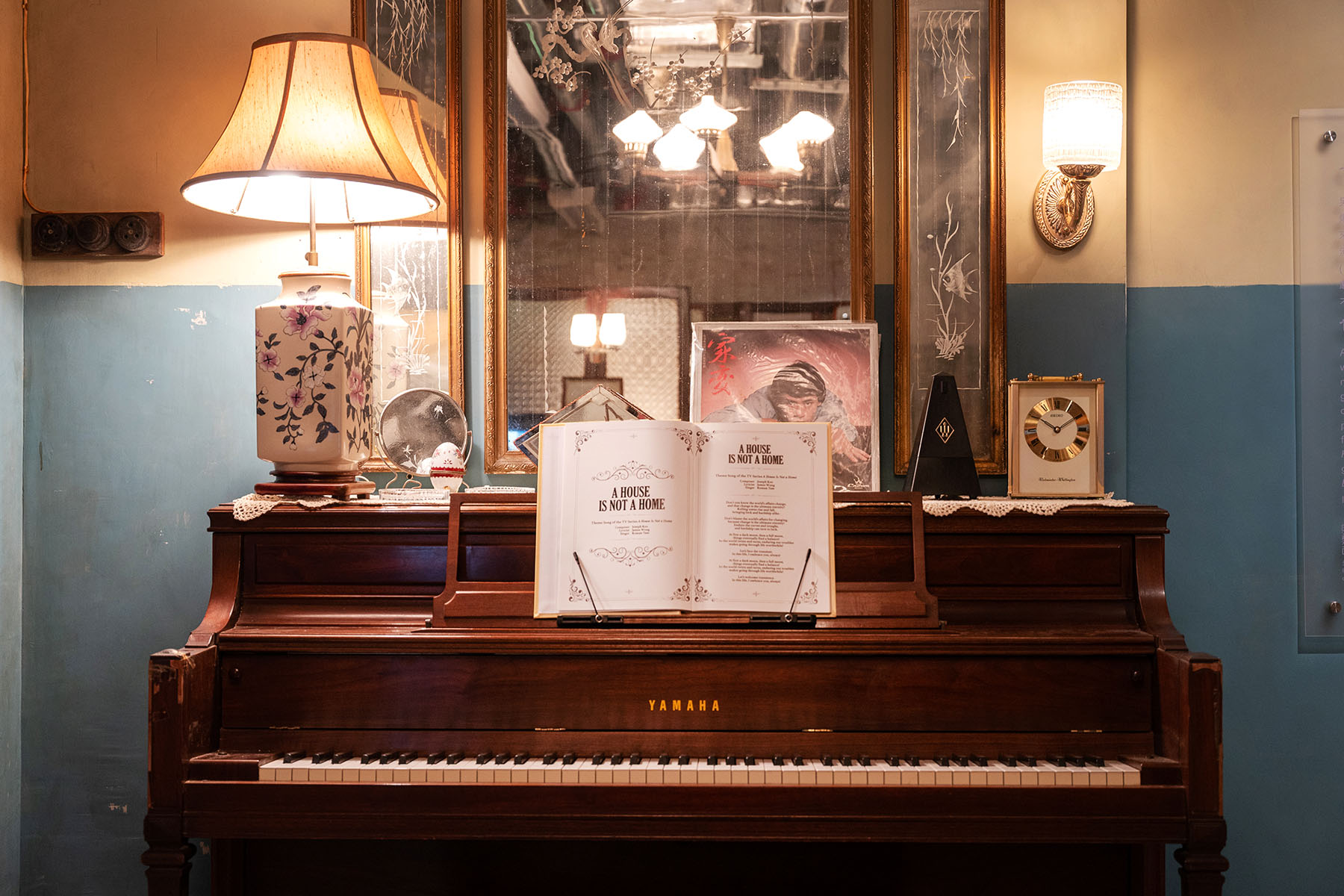
The exhibition also has a dedicated audio section. The listening stations are dressed up as rotary dial phones. Pick up a receiver to listen to audio commentaries on all-time favorite numbers by Koo and Wong. The local music industry mavens and cultural stalwarts sharing their thoughts on why they dig a particular number include renowned stage director and actor Fredric Mao (Sweet and Sour Hong Kong), composer and performer Ng Cheuk-yin (Fire Burns My Heart) and the chairman of the Hong Kong Composers’ Guild, Mui Kwong-chiu (The Bund).
ALSO READ: Cantopop: The glorious years
Some of the lyrics on display are accompanied by their English translations. Lee’s ambition is to have the exhibition speak to a global audience in the universal language of music, which, in this case, also belongs uniquely to Hong Kong. “We want our visitors — Chinese-speaking or not — to be interested and inspired,” she says.
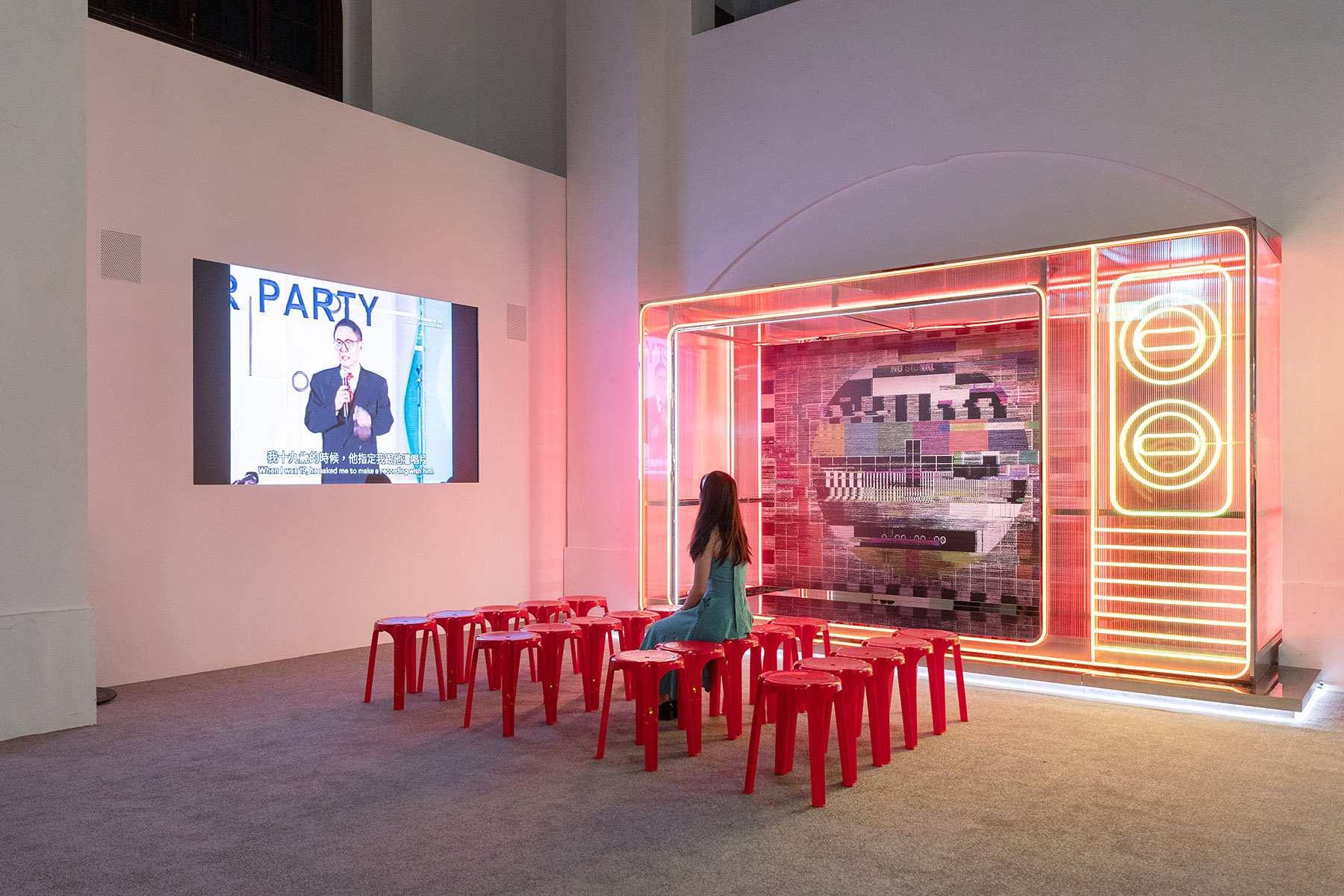
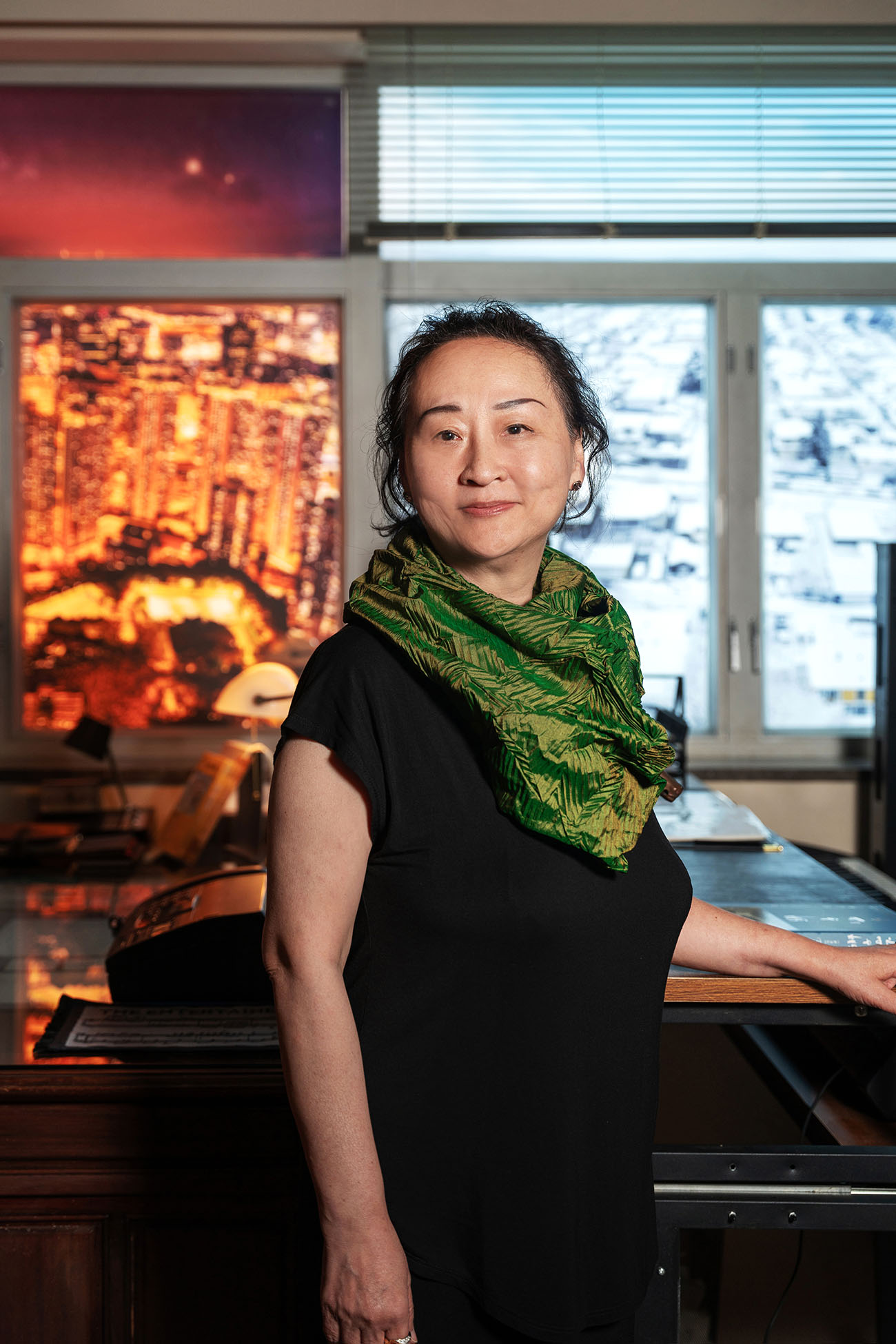
The organizers have also planned a number of ancillary activities tied to the exhibition. For instance, as part of the Creative Industries Programme run by the Hong Kong Baptist University Academy of Music, 20 secondary-school students will take part in a summer workshop led by lyricist and producer Edmond Tsang and Commercial Radio DJ Oscar Lee, who will guide them through the processes of composing, arranging and editing music for songs. Some of the films to which Wong or Koo or both contributed the music, such as A Better Tomorrow (1986) and Once Upon a Time in China (1991), have been selected for screening, followed by question-and-answer sessions with academics Helena Wu and Timmy Chen.
If you go
Soundtrack of Our Lives: Joseph Koo x James Wong x the Rise of Cantopop
Dates: Through Aug 28
Venue: Duplex Studio, Tai Kwun, 10 Hollywood Road, Central


